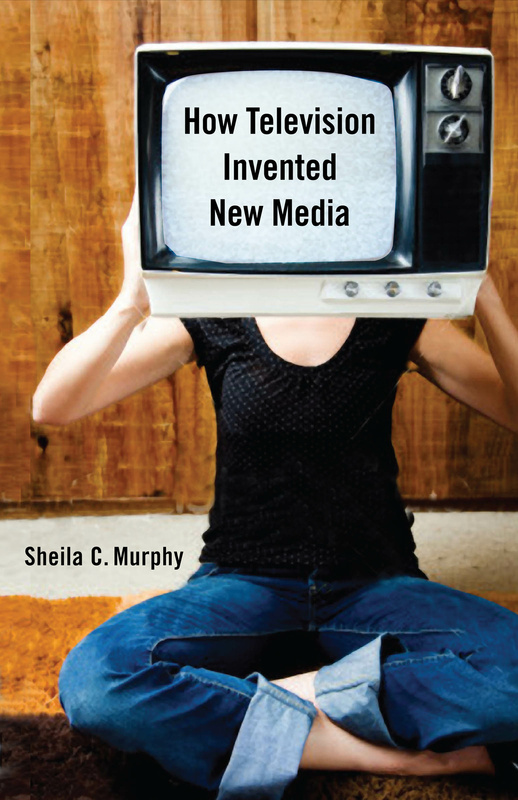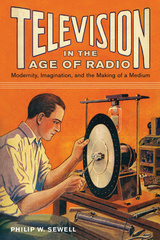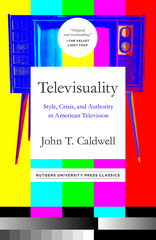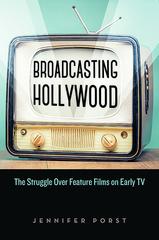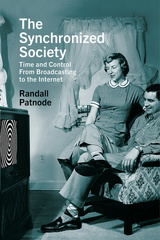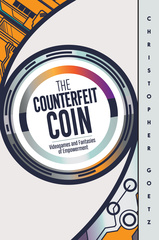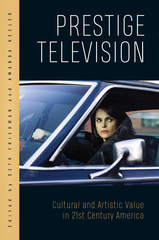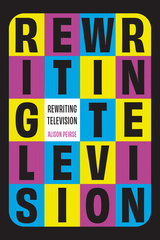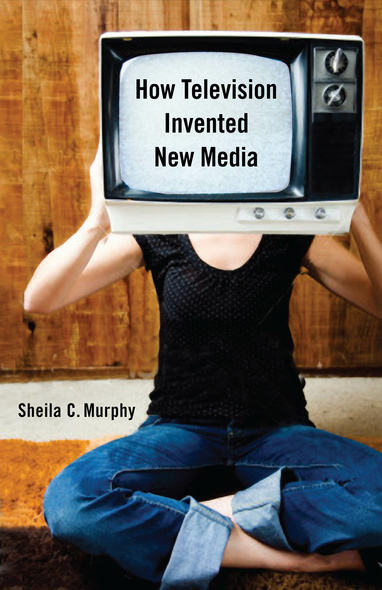
Now if I just remembered where I put that original TV play device--the universal remote control . . .
Television is a global industry, a medium of representation, an architectural component of space, and a nearly universal frame of reference for viewers. Yet it is also an abstraction and an often misunderstood science whose critical influence on the development, history, and diffusion of new media has been both minimized and overlooked. How Television Invented New Media adjusts the picture of television culturally while providing a corrective history of new media studies itself.
Personal computers, video game systems, even iPods and the Internet built upon and borrowed from television to become viable forms. The earliest personal computers, disguised as video games using TV sets as monitors, provided a case study for television's key role in the emergence of digital interactive devices. Sheila C. Murphy analyzes how specific technologies emerge and how representations, from South Park to Dr. Horrible's Sing-Along-Blog, mine the history of television just as they converge with new methods of the making and circulation of images. Past and failed attempts to link television to computers and the Web also indicate how services like Hulu or Netflix On-Demand can give rise to a new era for entertainment and program viewing online. In these concrete ways, television's role in new and emerging media is solidified and finally recognized.
Murphy makes a compelling argument that television provides key precedents and frameworks for understanding contemporary digital media. With sophisticated analysis grounded in accessible and engaging prose, this book fills a unique gap in the body of media scholarship.
An ambitious book that defines television not simply as a device or a means of production but instead as an environment. Murphy successfully and effectively elaborates on this idea by introducing numerous concrete examples such as portable music players, various game consoles, and remote controllers. This is an accessible, jargon-free resource. Recommended.
Murphy makes a compelling argument that television provides key precedents and frameworks for understanding contemporary digital media. With sophisticated analysis grounded in accessible and engaging prose, this book fills a unique gap in the body of media scholarship.
An ambitious book that defines television not simply as a device or a means of production but instead as an environment. Murphy successfully and effectively elaborates on this idea by introducing numerous concrete examples such as portable music players, various game consoles, and remote controllers. This is an accessible, jargon-free resource. Recommended.
"This is intelligent television" : the emerging technologies of video games, computers, and the medium of television
Is this convergence? : postnetwork television, new media and emerging middletexts
From tube to a "series of tubes" : television in and as new media
Alt-ctrl : the freedom of remotes and controls
Conclusion : television is not new media

